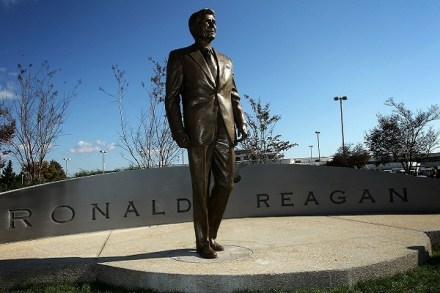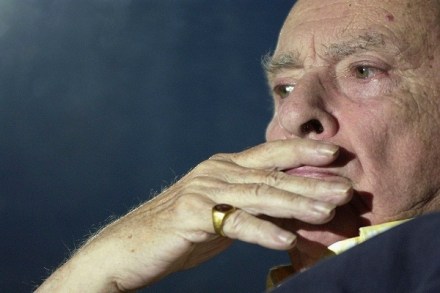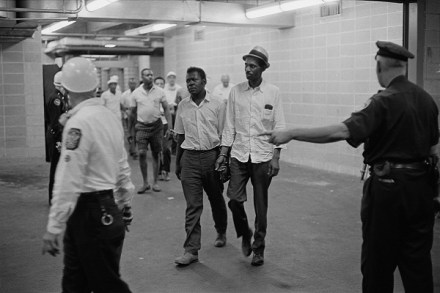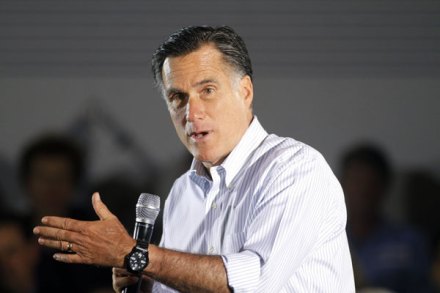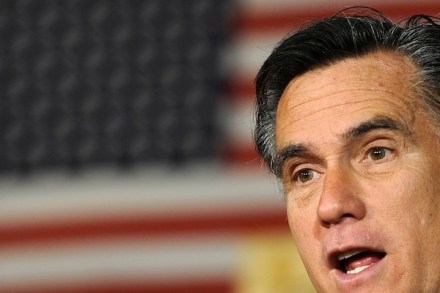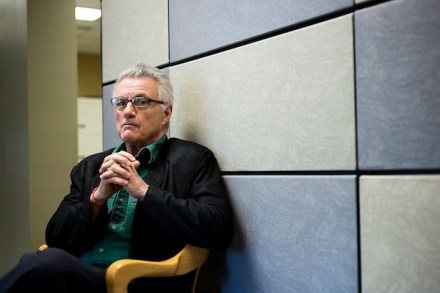Shelf Life: Nell Freudenberger
Nell Freudenberger is one of the brightest young novelists in America, and she takes the Shelf Life hot seat this week. She suggests that Michael Gove should introduce English Literature GSCE students to international authors, and confides that she needs to read the self-help book she would like to write. Her latest novel, The Newlyweds, is published by Penguin (£12.99). 1). What are you reading at the moment? The Good Muslim by Tahmima Anam 2). As a child, what did you read under the covers? Mysteries by Zilpha Keatley Snyder, Paula Fox’s YA novels, Noel Streatfeild’s ‘Shoes’ series. 3) Has a book ever made you cry, and if so which one?


